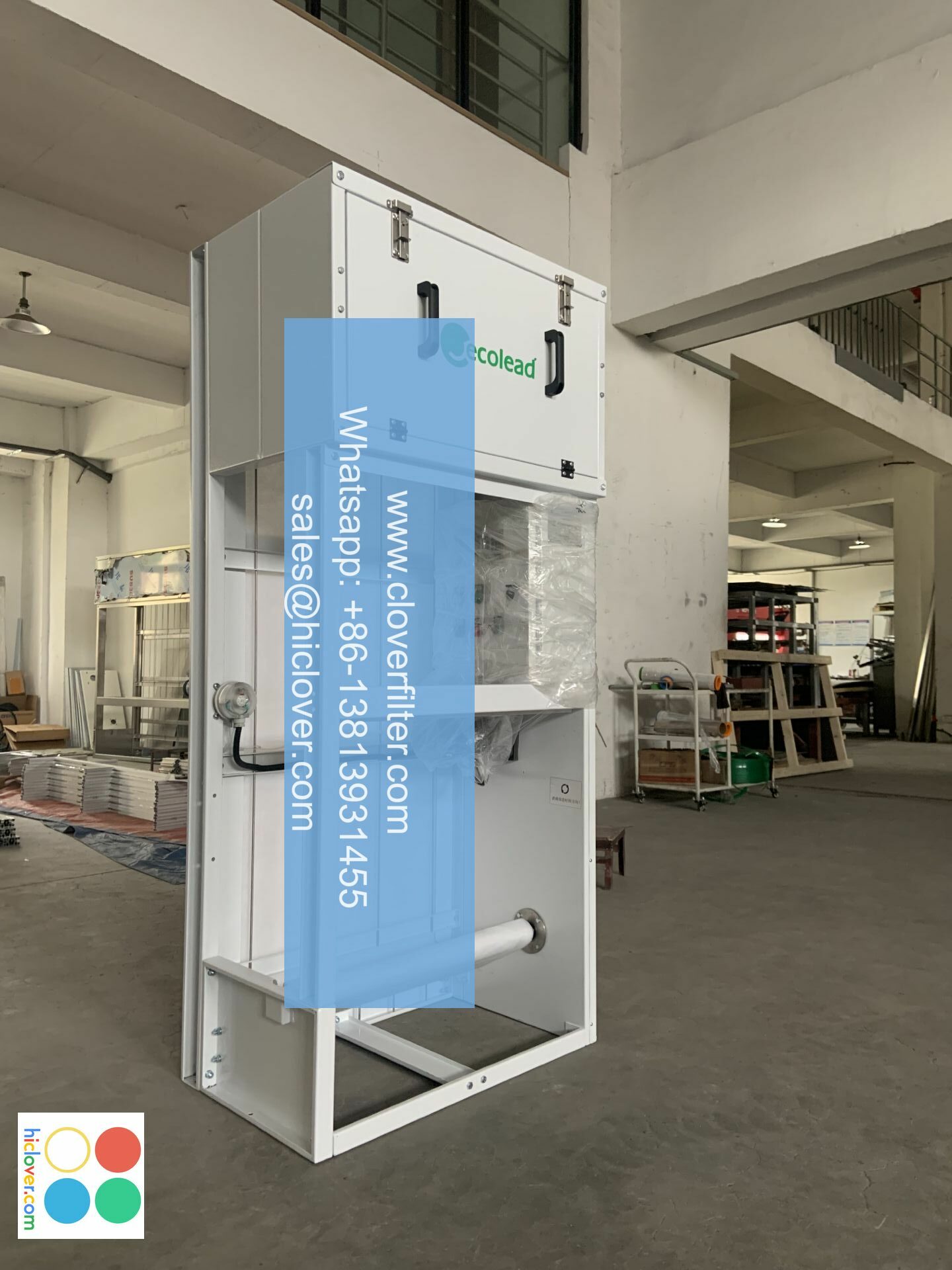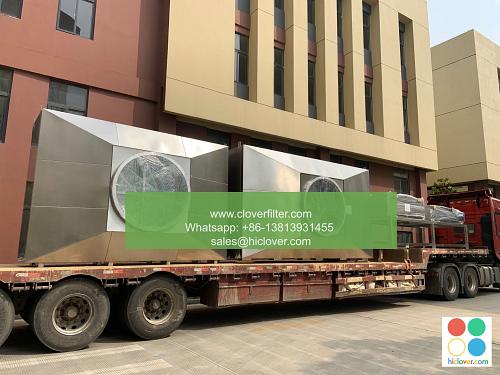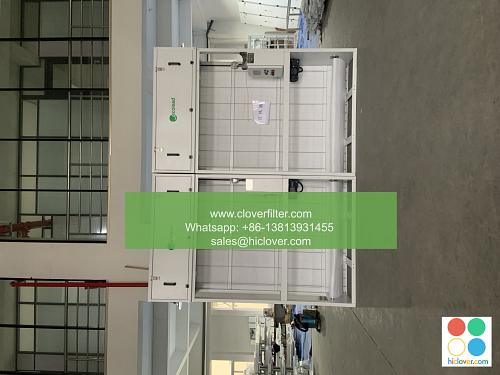Cleanroom Air Quality: The Role of Automatic Roll Air Filters

Cleanrooms are controlled environments that require strict maintenance of air quality to prevent contamination and ensure the integrity of products and processes. One crucial aspect of cleanroom air quality is the use of automatic roll air filters, which play a vital role in removing airborne particles and maintaining a sterile environment. In this article, we will explore the importance of cleanroom air quality, the benefits of automatic roll air filters, and their applications in various industries.
Introduction to Cleanroom Air Quality
Cleanrooms are designed to minimize the presence of airborne particles, such as dust, bacteria, and other contaminants, which can compromise the quality of products and processes. The air quality in a cleanroom is maintained through the use of high-efficiency particulate air (HEPA) filters, ultra-low particulate air (ULPA) filters, and other air filtration systems. These systems work together to remove airborne particles and maintain a consistent air quality.
The Role of Automatic Roll Air Filters
Automatic roll air filters are a type of air filtration system that uses a rolling filter media to remove airborne particles. These filters are designed to provide a consistent and reliable air filtration solution for cleanrooms and other controlled environments. The benefits of automatic roll air filters include:
- High-efficiency filtration: Automatic roll air filters can remove up to 99.97% of airborne particles as small as 0.3 microns.
- Low maintenance: The rolling filter media is designed to be easily replaced, reducing maintenance costs and downtime.
- Energy efficiency: Automatic roll air filters are designed to be energy-efficient, reducing the overall cost of operation.
- Pharmaceuticals: Cleanrooms in pharmaceutical manufacturing facilities require strict maintenance of air quality to prevent contamination and ensure the integrity of products.
- Biotechnology: Biotechnology research and development facilities require controlled environments to prevent contamination and ensure the accuracy of results.
- Medical devices: The manufacturing of medical devices requires a clean and sterile environment to prevent contamination and ensure the safety of products.
- Food processing: Cleanrooms in food processing facilities require strict maintenance of air quality to prevent contamination and ensure the safety of products.
- Microelectronics: The manufacturing of microelectronic components requires a clean and controlled environment to prevent contamination and ensure the quality of products.
- Conduct a thorough risk assessment to determine the level of air quality required for their specific application.
- Select the right filter media based on the specific requirements of their application.
- Regularly maintain and replace the filter media to ensure optimal performance.
- Monitor air quality regularly to ensure that the automatic roll air filters are functioning effectively.

Applications of Automatic Roll Air Filters
Automatic roll air filters have a wide range of applications in various industries, including:
Conclusion
In conclusion, automatic roll air filters play a vital role in maintaining cleanroom air quality and ensuring the integrity of products and processes. Their high-efficiency filtration, low maintenance, and energy efficiency make them an ideal solution for various industries, including pharmaceuticals, biotechnology, medical devices, food processing, and microelectronics. By understanding the importance of cleanroom air quality and the benefits of automatic roll air filters, industries can ensure the quality and safety of their products and processes.
Recommendations for Implementing Automatic Roll Air Filters
To implement automatic roll air filters effectively, industries should consider the following recommendations:
By following these recommendations, industries can ensure that their automatic roll air filters are functioning effectively and providing the required level of air quality to maintain the integrity of their products and processes.


